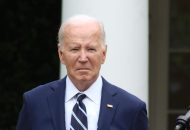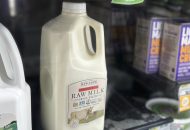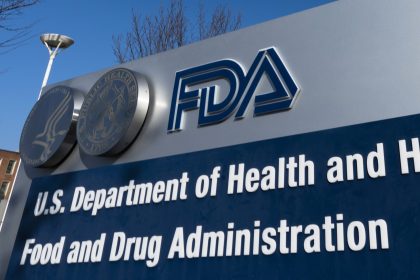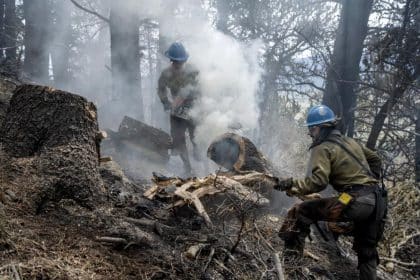Celebrate Today, Protect Tomorrow — Showcasing Bristol Bay’s Wild Sockeye Salmon Resource in the District
COMMENTARY
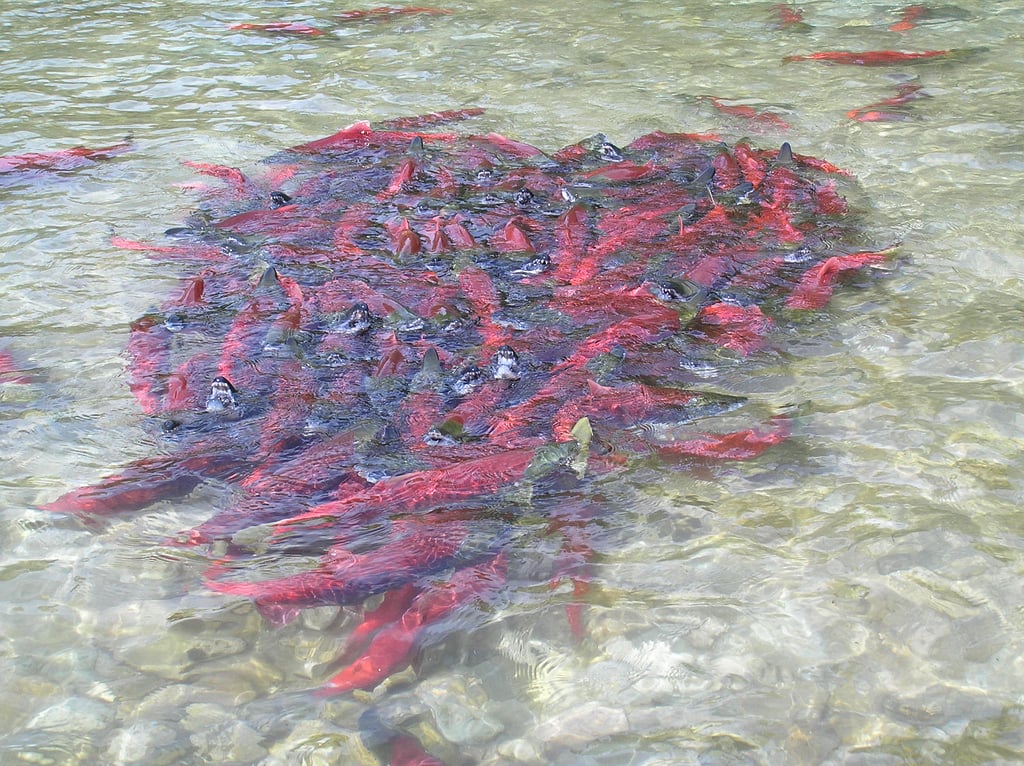
Over the coming weeks Alaska Natives, commercial fishermen, business leaders, sport lodge owners and others connected to Bristol Bay, Alaska, are coming to Washington to celebrate the incredible wild sockeye salmon resource that sustains the region and feeds the world.
They are in D.C. for the sixth annual Bristol Bay Wild Salmon Celebration, where the Bristol Bay Native Corporation will honor individuals who have fought to protect the bay and their way of life. Then, from Sept. 18 to 22, the Bristol Bay Regional Seafood Development Association will host a Restaurant Week, in which venues across the metro area will feature sustainably harvested wild Bristol Bay sockeye salmon on their menus.
Our goal is to bring attention to this incredible, remote area of Alaska and its unique and robust salmon fishery — a fishery that supplies half the world’s wild sockeye, is the backbone of an Alaska Native way of life that dates back millennia and provides unparalleled sportfishing opportunities. But our trip to the nation’s capital acknowledges there are dark clouds on the horizon that must be addressed for Bristol Bay to remain an incredible place.
Let’s start with the good news. In January, the Environmental Protection Agency used its Clean Water Act authority to protect a portion of Bristol Bay’s most productive wild salmon habitat. The area has long been the target of the proposed Pebble Mine, a project doggedly pursued by a Canadian mining firm. Analysis of the mine proposal concluded construction and routine operation of the mine would destroy nearly 100 miles of streams and more than 2,100 acres of wetlands, and would adversely alter the streamflow in several others — areas where salmon spawn.
EPA concluded that mining impacts would have unacceptable adverse effects on the region’s salmon fishery, and its restrictions preclude the current or similar mining proposals from moving forward. It is only the 14th time in the agency’s history that it used this specific regulatory authority. This was a huge victory for Bristol Bay and the broad and dedicated teams that have been working together to fight for these protections since 2009. It was a milestone big enough to earn an invitation to the Rose Garden for a celebration with President Biden.
A second bright spot repeated itself this summer when wild sockeye salmon returned to Bristol Bay’s inland waters in strong numbers. Commercial fishermen harvested more than 38 million sockeye in the 2023 season. While final numbers are not yet available, the total run will likely be in line with the Alaska Department of Fish and Game’s forecast of 51 million fish. These incredible numbers dwarf nearly every other river system in the world, continuing a positive trend for the fishery. Bristol Bay sockeye not only feed the region’s residents; they support thousands of jobs, a multibillion-dollar commercial fishing industry, and a thriving multimillion-dollar sportfishing and tourism sector.
Now, for those dark clouds. The state of Alaska launched a direct attack on these sensible protections in July when it demanded the U.S. Supreme Court hear its claims against the EPA, short-circuiting the typical lower court route for challenging a federal agency action. This is an extremely aggressive tactic, but it’s downright head-scratching considering Pebble is deeply unpopular in Alaska. Well over 55% of the pro–resource-development state is consistently opposed to the mine (and a much smaller number of people in support). Most Alaskans are ready to imagine a Bristol Bay without the threat of Pebble Mine, but the state can’t seem to move on.
We expect the Supreme Court to reject the state’s petition, but the legal fight is certainly not over.
These challenges demonstrate why Congress must play a role in Bristol Bay’s Pebble-free future. Sen. Lisa Murkowski, R-Alaska, is committed to working with regional stakeholders on a plan that will strengthen and secure the safeguards enacted by the EPA, while ensuring economic opportunity for all of Bristol Bay. This will be a heavy lift, but the people of Bristol Bay have never shied away from a challenge. We know we are up to this one.
For today, let’s celebrate the incredible wild sockeye salmon resource that Bristol Bay shares with the world. Let’s celebrate the historic EPA action that provided relief to the region. Join us in visiting local restaurants that are participating in Bristol Bay Restaurant Week and enjoy a taste of Alaska.
When the time comes, stand with us to defend this resource and the incredibly beautiful and unique place that it comes from — Bristol Bay, Alaska.
Russell S. Nelson is a lifelong resident of Dillingham, Alaska, and has been a Bristol Bay Native Corporation director for 18 years. He currently serves as chair of BBNC’s Board of Directors. He can be reached at [email protected].
Andy Wink is executive director of the Bristol Bay Regional Seafood Development Association, a fishermen-funded organization whose mission is to increase the long-term value of Bristol Bay’s commercial salmon fishery through maintaining sustainability, continuous quality improvement, outreach efforts and marketing. He can be reached at [email protected].









